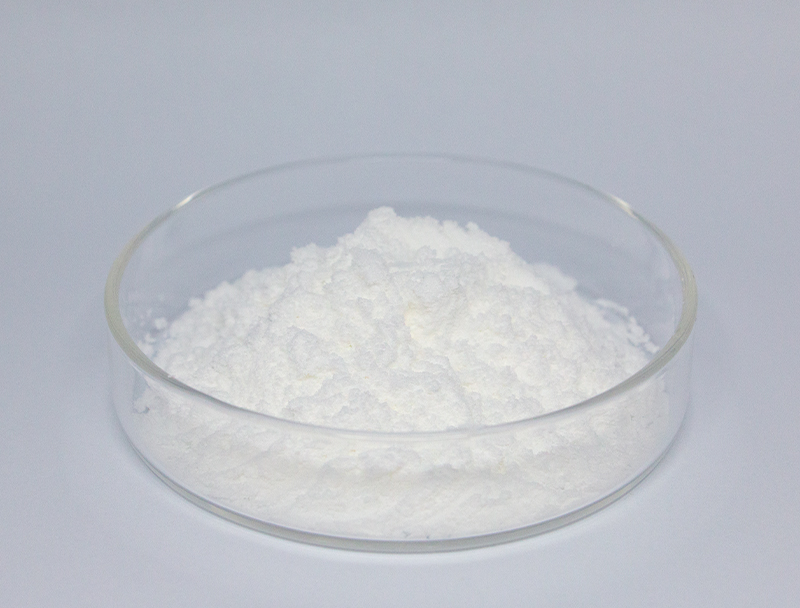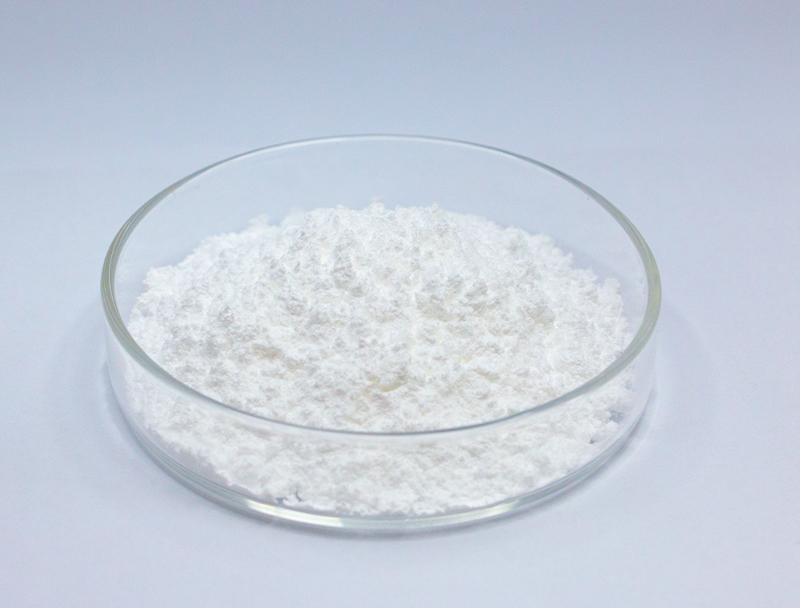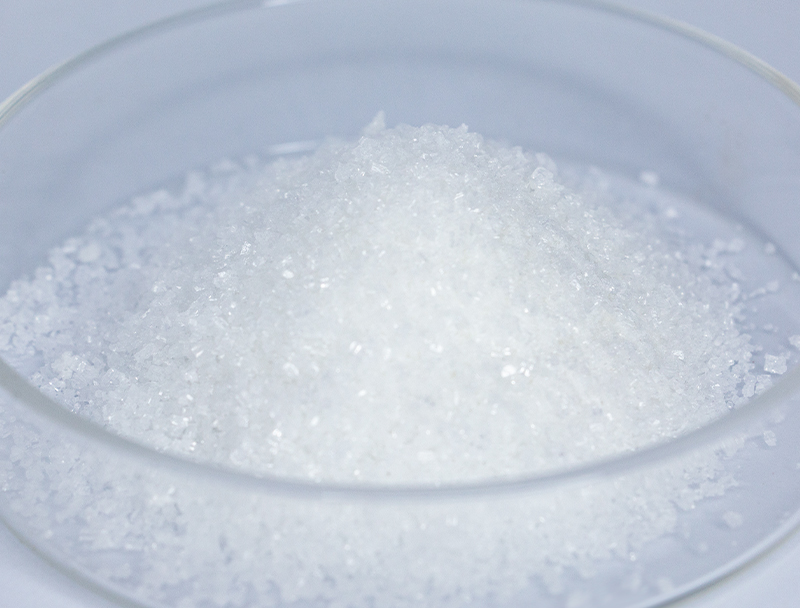
Bioprocessing depends strongly on a comprehensive selection of raw materials for generating cutting-edge biobased goods.
Preserving ethical acquisition of feedstocks is vital for future-proofing and moral progress in biomanufacturing.
several issues arising from typical material sourcing including biodiversity loss and excessive resource use. Therefore, producers should prioritize ethical sourcing models to curtail ecological damage.
- Representations of ethical supply approaches are:
- Integrating compostable agricultural waste into supply chains
- Implementing closed-loop systems to minimize waste and maximize resource efficiency
- Forging alliances with neighborhood suppliers supporting green sourcing
This shift towards sustainable raw material sourcing is not only environmentally beneficial but also economically viable in the long run.
Refining Biomass Sources to Enhance Fuel Conversion
Maximizing the efficiency of biofuel production relies heavily on the quality and composition of biomass feedstocks. Research teams persist in studying techniques to boost feedstock performance, creating higher productivity and an eco-friendlier fuel landscape. Efforts pair genetic enhancement for feedstock abundance with advanced pretreatment to produce usable sugars.
- Furthermore, teams search for alternative biomass sources including algal strains, industrial wastes, and crop leftovers to broaden sustainable feedstock options for fuels.
- Via sustained research the industry stands ready to accomplish considerable improvements that enable a greener energy transition.

Transformations in Upstream Biopharma Workflow Design
involves foundational activities from cultivation to biomass harvest Modern progress within the sector has contributed to more efficient processes and higher production.
Important innovations consist of upgraded cell platforms, customized nutrient matrices, and smart bioreactor solutions. These changes expand productivity and help reduce both financial and environmental overhead.
- Moreover, continuous manufacturing adoption is enabling dynamic control and greater adaptability in upstream workflows.
- Embracing sophisticated manufacturing strategies is poised to change industry norms and shorten development cycles.

CRISPR and Beyond: Improving Biopharma Production
refinements in gene-targeting technologies have advanced protein production workflows. By accurate genomic tuning, developers enhance yields of critical biopharmaceuticals. This approach holds immense potential for developing more efficient and affordable biopharmaceuticals to address a wide range of diseases.
Applying Microbial Tools to Improve Environmental Remediation
state-of-the-art biological cleanup solutions using targeted microbial actions. Microorganisms possess the remarkable ability to degrade and transform harmful pollutants into less toxic substances.. Leveraging microbial biotransformation promotes sustainable remediation that curbs industrial environmental impacts.. Researchers screen diverse microbial taxa for metabolic pathways suited to remove heavy metals, pesticide residues, and hydrocarbon contamination.. The microbes may be applied within engineered reactors or in situ to catalyze pollutant degradation via biotransformation..
Employing microbial strategies for remediation provides multiple benefits versus traditional techniques. It is a cost-effective and environmentally friendly approach that minimizes the generation of harmful byproducts. Also, microbial interventions offer targeted remediation that minimizes collateral ecosystem disturbance. Advancements continue apace to increase the speed, efficiency, and applicability of microbial remediation techniques.
Leveraging Bioinformatics for Novel Therapeutics
Computational tools have grown indispensable in the current drug discovery landscape. From target discovery through candidate optimization, bioinformatics facilitates streamlined, hypothesis-guided workflows.
- By interrogating large-scale omics and clinical information, scientists find new targets and predict candidate efficacy.
- Also, in silico modeling of molecular interactions accelerates optimization toward more selective therapeutics.
- In conclusion, computational biology reshapes discovery pipelines and speeds delivery of reliable treatments for patients.
Fine-Tuning Metabolism to Maximize Bioproduct Synthesis
implements many strategies to improve microbial output of desired bioproducts. Methods might combine targeted gene changes to rechannel flux, regulatory element design to control expression, and exogenous gene introduction to provide fresh capabilities.. Through strategic metabolic edits practitioners can markedly increase the synthesis of target products.
This multifaceted approach has the potential to revolutionize a broad range of industries, including biopharmaceuticals, agriculture, and bioenergy.

Challenges and Opportunities in Scaling Up Biopharmaceutical Production
Expanding production volumes poses difficult barriers yet offers substantial opportunities. Retaining quality standards during scale enlargement is a core difficulty. Meeting the need calls for dependable control systems, granular monitoring, and cutting-edge analytical methods.

Another concern is that bioprocessing workflows are inherently complex and multi-staged.. Converting small-scale procedures to plant-scale operations necessitates extensive innovation and optimization.. Even so, the payoff can be large. Proper scaling can increase therapy supply, reduce expenses, and elevate profitability.
Multiple programs focus on resolving scale-up difficulties. Examples include novel optimization technologies, predictive analytics for real-time control, and inventive production models.
- Developmental projects contribute critically to scaling manufacturing competency.
- Government agencies are streamlining review procedures to permit quicker uptake of new production technologies and foster innovation.
Mapping the Compliance Environment for Safe Therapeutic Development
The development of biopharmaceuticals is a complex process that requires stringent regulatory oversight to ensure both patient safety and product efficacy. Biologics sourced from living systems pose Calcium Propionate distinct regulatory and manufacturing complexities versus small-molecule drugs.
Regulatory authorities including FDA and EMA are central to creating criteria and processes for approving innovative biologics..
Strict validation and testing steps are required across the product lifecycle from lab studies to post-market oversight.. Those requirements help reveal risks and confirm that biologics satisfy stringent safety criteria..
Also, governing institutions evolve their strategies to respond to swift advances in biopharmaceutical science.. Actions include accepting new technologies and streamlining development channels while safeguarding patient health.

Assessing Plant Biomass Pathways for Bioplastic Innovation
Growing emphasis on eco-conscious materials catalyzes research into plant-based options. Using plant feedstocks to make bioplastics gives a promising direction for sustainable material development. Materials such as starch from corn, cellulose pulp, and sugarcane biomass are convertible into biodegradable polymers that lower plastic waste concerns.
Furthermore, these bioplastics often possess comparable properties to their petroleum-based counterparts, making them suitable for a wide range of applications.. Continuous development will unlock plant biomass value for sustainable bioplastic production and support circular systems.
Biotechnology's Impact on Global Health and Food Security
Advanced biotech approaches can reshape healthcare delivery and enhance agricultural resilience. By harnessing genetic engineering, synthetic biology constructs, and advanced cell therapies, technologists deliver capabilities to reduce disease burden, raise crop outputs, and increase food value. Illustratively, crops altered for pest resistance and stress endurance support increased harvests and diminished pesticide usage.. Additionally, biotech enables faster vaccine development, novel antimicrobials, and precise diagnostics critical to infectious disease control and health improvement.. As research progresses, biotechnology holds immense promise for creating a healthier and more sustainable future for all.
